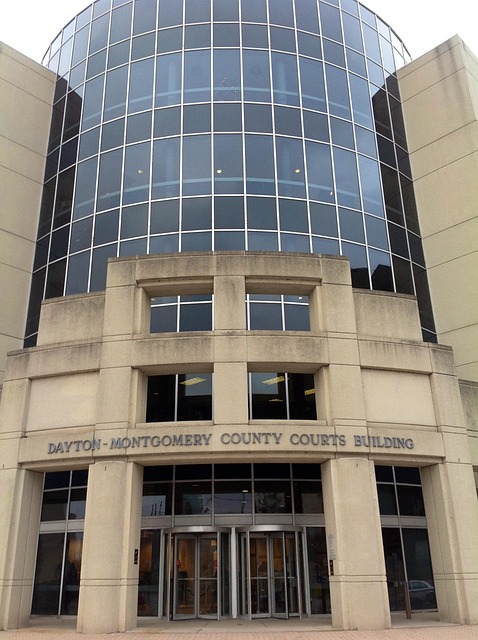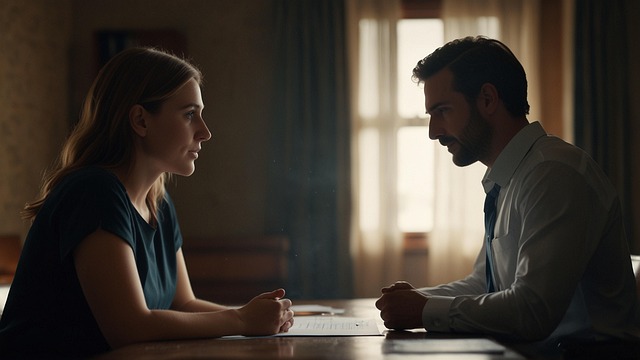Oregon grandparent custody laws enable grandparents to seek legal custody of grandchildren by demonstrating a strong bond and meeting the child's best interest standard. The process involves court petitions, hearings, and evidence of parental involvement, financial support, and stability. Courts act as arbitrators, weighing family dynamics and legal obligations to determine fair custody arrangements, which may include joint custody or visitation rights. Consulting an experienced Oregon family law attorney is crucial for navigating these complex cases successfully.
In Oregon, navigating legal custody for grandparents can be a complex process. This comprehensive guide explores Oregon’s grandparent custody laws, providing essential insights for those seeking access to their grandchildren. We’ll delve into establishing legal grounds, understanding court roles, and managing visits or joint custody arrangements. By familiarizing yourself with these aspects, you’ll be better equipped to navigate the legal landscape and advocate for meaningful time with your grandchildren.
- Understanding Oregon Grandparent Custody Laws
- Establishing Legal Grounds for Custody Claims
- The Role of Courts in Grandparent Access Cases
- Navigating Visits and Joint Custody Arrangements
Understanding Oregon Grandparent Custody Laws

In Oregon, grandparent custody laws provide a framework for grandparents to seek legal custody of their grandchildren. These laws recognize the important role that grandparents often play in a child’s life and aim to protect the well-being and familial connections of children when parents are unable or unwilling to care for them. Understanding these laws is crucial for grandparents considering custody, as it involves navigating various legal procedures and meeting specific criteria.
Oregon Grandparent Custody laws allow courts to award custody rights to grandparents if they can demonstrate a strong parental bond with the child and that it’s in the child’s best interest. This process typically requires filing a petition with the court, presenting evidence of the parent-grandparent relationship, and possibly facing a hearing where a judge will make the final decision based on the child’s welfare and stability. Key considerations include the child’s living situation, parental involvement, and the grandparent’s ability to provide a stable and loving home.
Establishing Legal Grounds for Custody Claims

In Oregon, grandparent custody claims are governed by specific legal grounds that must be established before proceeding. To pursue custody, grandparents need to demonstrate a significant relationship with the child and prove that it would be in the child’s best interest to grant them custody rights. This often involves presenting evidence of regular visitation, financial support, and a stable home environment.
The state recognizes the unique bond between grandparents and grandchildren, but it also prioritizes the child’s well-being. Grandparents should consult with an experienced Oregon family law attorney who can guide them through the legal process, ensuring they meet all necessary criteria for establishing legal grounds and increasing their chances of a positive outcome in their custody claim.
The Role of Courts in Grandparent Access Cases

In Oregon grandparent custody cases, courts play a pivotal role in balancing the interests of parents, grandparents, and ultimately, the child’s best interest. When access or custody is in dispute, the court assesses the specific circumstances of each case to determine the most suitable arrangements. The process involves examining factors such as the strength of the grandparent-child relationship, the parent’s willingness to facilitate visitation, and any potential impact on the child’s well-being.
Oregon law recognizes the significant role grandparents can play in a child’s life. Courts carefully consider cases where grandparents seek access or custody, ensuring their decisions are fair and promote the child’s long-term stability. This involves reviewing evidence, hearing testimony, and sometimes relying on expert opinions to make informed judgments that respect both family dynamics and legal obligations.
Navigating Visits and Joint Custody Arrangements

Navigating visits and joint custody arrangements in Oregon grandparent custody cases can be complex. Grandparents seeking legal custody or visitation rights must understand the state’s laws, which prioritize the child’s best interests above all else. The court will consider a variety of factors when determining what arrangement is most suitable, including the child’s relationship with each parent and grandparent, the stability of each household, and any history of abuse or neglect.
Joint custody arrangements, where both grandparents and parents share legal decisions regarding the child, can be an option if deemed beneficial for the child. However, visitation rights may also be granted to grandparents on a scheduled basis, allowing them quality time with their grandchild while respecting the primary role of the parents. It’s crucial for grandparents to consult with an experienced attorney specializing in Oregon grandparent custody to ensure their rights and interests are protected throughout the legal process.














